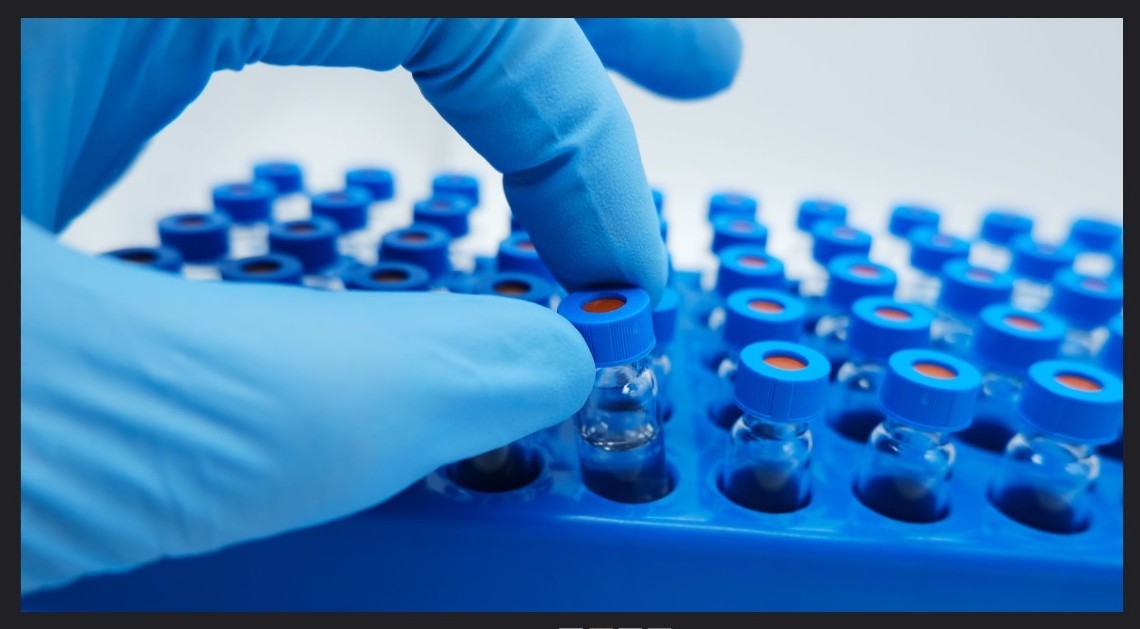New cancer jab is not a ‘gene changer’

A video on Instagram has made numerous claims including suggesting that a new cancer vaccine is a “gene changer’’ and that because these vaccines use the same technology as previous Covid-19 vaccines, this is an attempt to ‘‘finish off the job’’ of giving people cancer. It adds that this is “in the name of depopulation”.
There is no evidence that new mRNA vaccines for cancer change recipients’ genes or give people cancer.
We have previously fact checked similar false claims that mRNA vaccines alter your DNA. Inaccurate and misleading information like this can cause harm, particularly if people use it to make health decisions.
Honesty in public debate matters
You can help us take action – and get our regular free email
What is the “cancer jab”?
The cancer vaccine referenced in the video was created using mRNA technology, similar to some Covid vaccines. This particular vaccine referred to in the video is for people who have advanced melanoma, which is a type of skin cancer. A Daily Mail article about trials of the vaccine can be seen displayed behind the speaker in the video.
The UK government has announced partnerships with two biotechnology companies who were involved in creating the Covid-19 vaccines—Moderna and BioNTech—to develop mRNA research and manufacturing in the UK and to run trials for individualised cancer treatments, respectively.
NHS England and Genomics England are working together through the new cancer vaccine launchpad (CVLP) to identify patients who could be eligible for these trials.
What is melanoma?
Melanoma is the fifth most common cancer in the UK, affecting over 16,000 people per year. Common causes include ultraviolet exposure, increasing age and genetic predisposition. People with skin that burns easily are also at a slightly increased risk.
As with all cancers, treatment depends on many factors including where the disease is, whether the cancer has spread and the overall health of the person. In addition to surgery and other targeted therapies, radiotherapy and immunotherapy can be used to treat melanoma.
Where does mRNA come into this and how can it help fight cancer?
Immunotherapy for cancer is a form of treatment that stimulates the immune system to fight off the disease. This can be done in a variety ways using different classes of drugs alone or in combination, and also vaccines. Unlike many typical vaccines that contain weakened or harmless versions of the virus or bacteria that causes a disease, cancer vaccines are made to recognise specific proteins (antigens) on cancer cells.
Messenger ribonucleic acid (mRNA) molecules are naturally occurring components of cells that carry instructions from DNA that are translated to make proteins. mRNA vaccines also carry instructions, but for proteins specific to a certain disease, which are then made in the body allowing the immune system to recognise them and mount an immune response.
The immune system should then be able to respond again if it encounters the same protein in the future, if the person catches the disease. Contrary to the claims made in this Instagram video, mRNA does not ‘change genes’ in the vaccine recipient but instead carries instructions.
mRNA vaccines can be tailored for specific diseases or strains of a disease, and this can be done more rapidly than for traditional vaccines.
The new cancer vaccine featured in the Daily Mail article and Instagram video has been tailored to target the specific profile of an individual’s cancer which is often unique. In this current trial, patients receive either traditional drug treatment alone or in combination with the mRNA vaccine. The trial started in 2019 with patients from the US and Australia and is specifically for people with high-risk melanoma who have had an operation to remove it. So far it has shown promising results, with lower rates of disease recurrence for those receiving the vaccine in combination with traditional drug treatment.
Although mRNA vaccines only came to prominence during the Covid pandemic, scientists have been studying them for several decades.
mRNA vaccines have not been shown to cause cancer and this has been debunked on previous occasions.
Image courtesy of Stockphotokun


